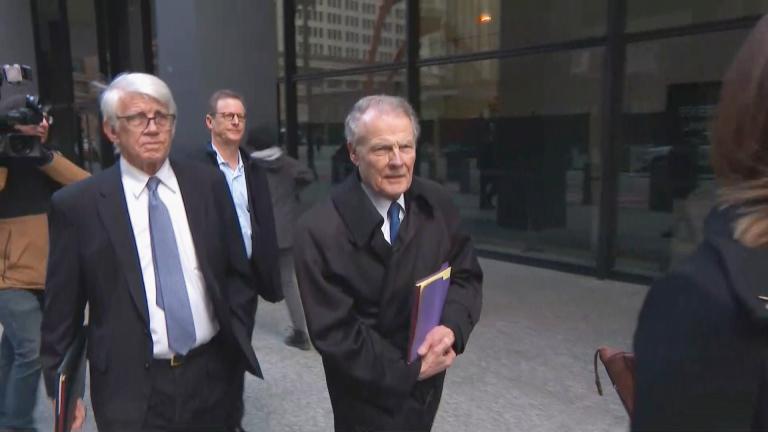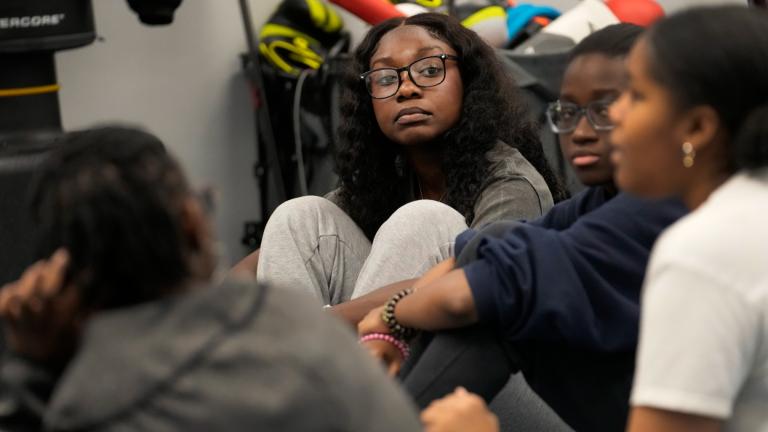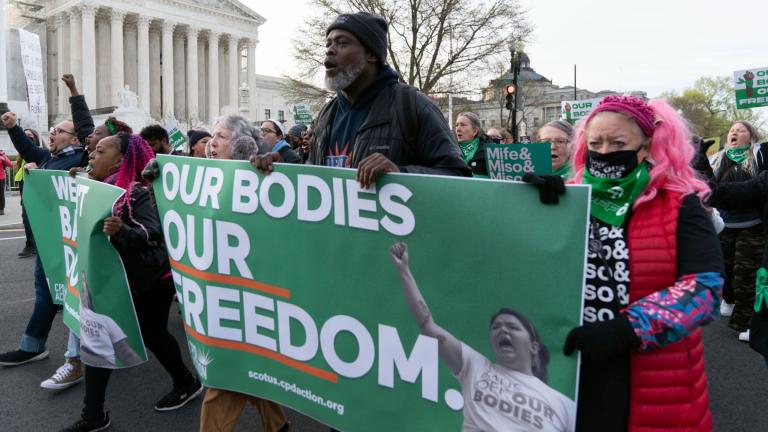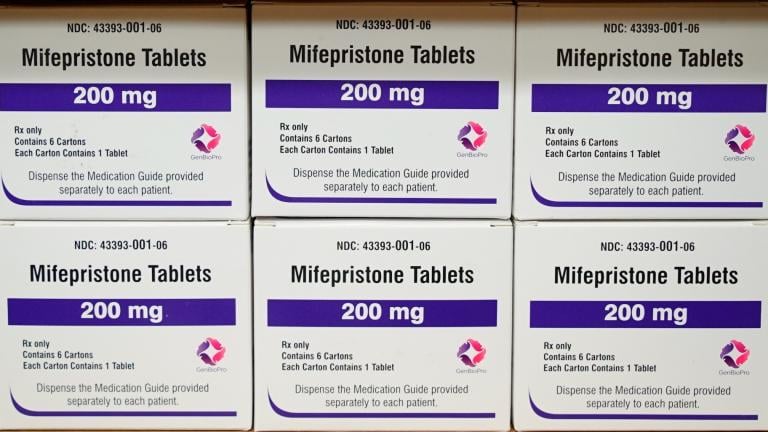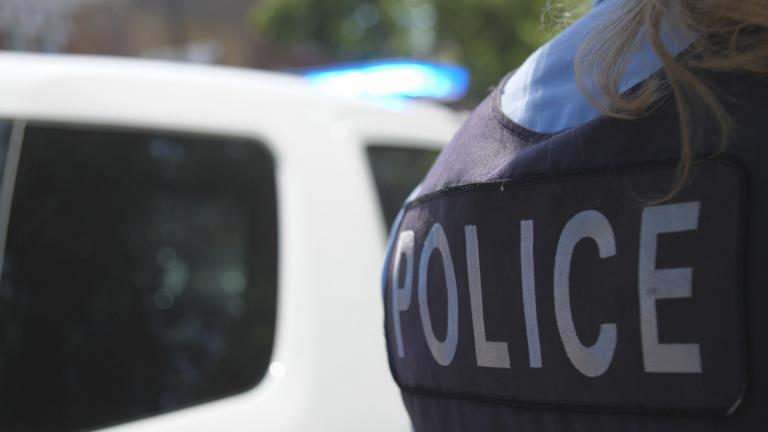It's the start of a new U.S. Supreme Court term. We look at what some of this year's biggest cases could be on Chicago Tonight at 7:00 pm.
The current session could produce several landmark cases, the clerks say, on issues from affirmative action to same-sex marriage. Only one of those cases, on affirmative action, is scheduled for a hearing so far, but the others are likely candidates.
Fisher v. University of Texas: This case, scheduled to be heard October 10, could affect race-based college admissions procedures in public universities. In this case, Abigail Fisher, who is white, says she was denied admission to the University of Texas because of her race. The university guarantees admission to the top 10 percent of all Texas high schools, which fills up most of the freshman class. The other spots are filled taking race into account. The last time the Court ruled on the issue, it said schools could use race as one of many factors in their decisions. But the decision was written by Justice Sandra Day O'Connor, who has since retired and been replaced by Justice Samuel Alito, Jr., who has voted against using race as a factor.
Massachusetts v. United States Department of Health and Human Services: One of a cluster of cases the Supreme Court could hear on the Defense of Marriage Act, which defines marriage as between a man and a woman. A federal appeals court in Boston ruled in May that the act was unconstitutional. Last month, Justice Ruth Bader Ginsburg said she thought "it's most likely that we will have [same-sex marriage] before the court toward the end of the current term."
Perry v. Brown: This case is over California's Proposition 8, a ballot initiative that outlawed same-sex marriage in the state. While cases against the Defense of Marriage Act ask whether the federal government can withhold rights normally given to a married couple, Perry asks whether or not there is a larger right to same-sex marriage.
Shelby County v. Holder: After the Voting Rights Act of 1965, the federal government required some states with a history of racial bias to get federal "preclearance" before changing any of its voting procedures. Shelby County, in Alabama, challenged the law, arguing that since the law was written the states no longer have problems of discrimination. A 2009 Supreme Court case upheld the law, but signaled that they might be open to revisiting the law. "We are now a very different nation," Chief Justice John Roberts wrote. "Whether conditions continue to justify such legislation is a difficult constitutional question we do not answer today."

